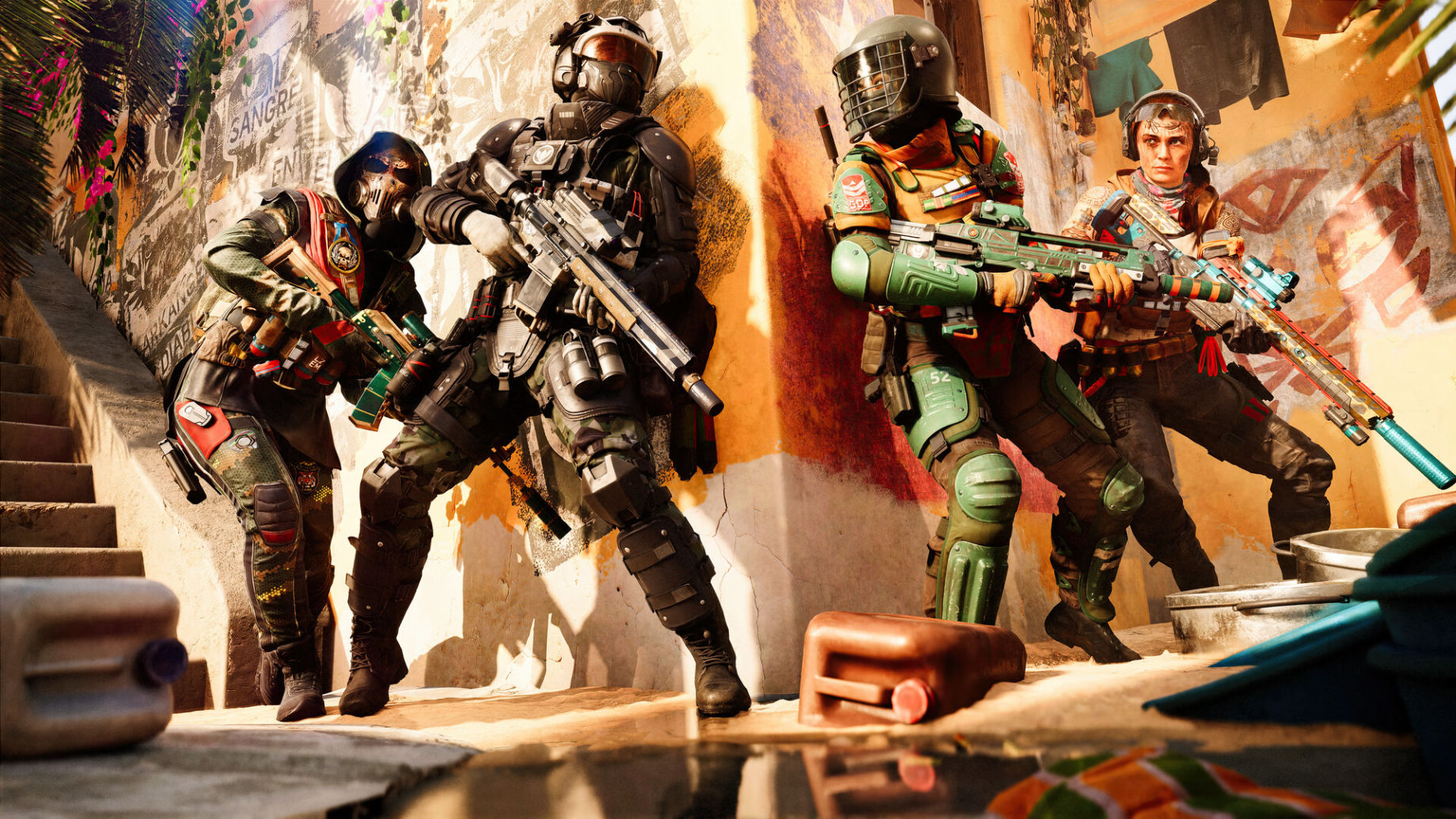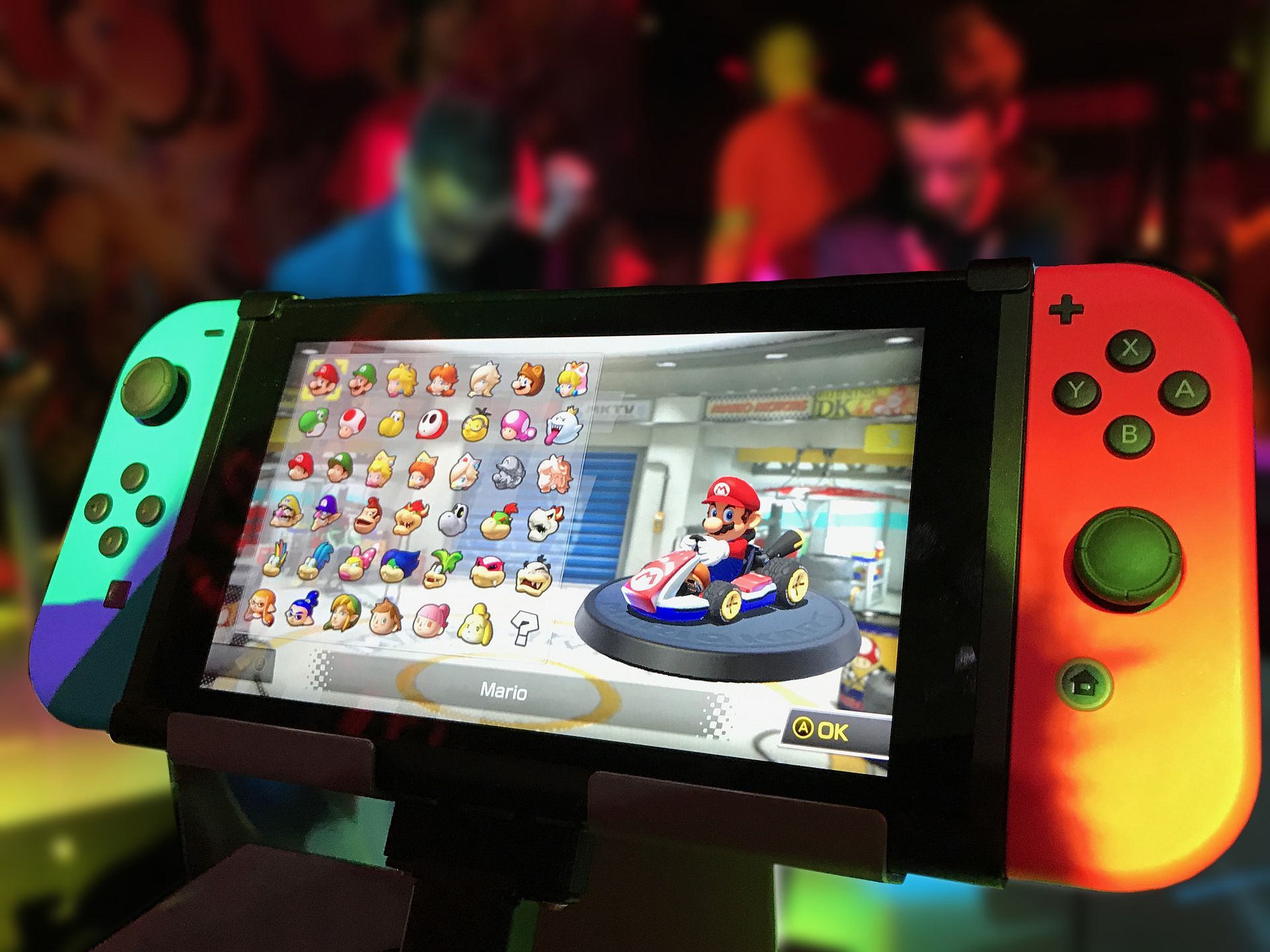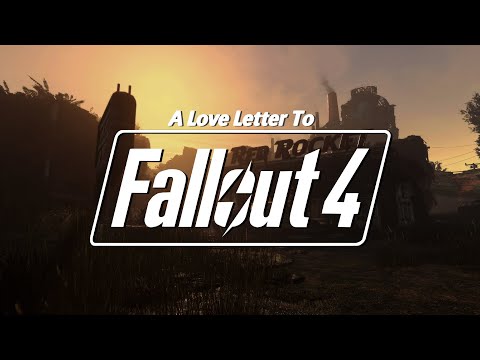The gaming industry is no stranger to the ebb and flow of development teams and the sometimes harsh realities of corporate decisions. The latest such story involves Marcus Lehto, the co-creator of the Halo franchise, and his recent experience with Electronic Arts (EA). Lehto, who had joined EA to lead the development of a new story-focused Battlefield game, has been left with a bitter taste as EA announced the closure of his studio, Ridgeline Games, and the layoff of its entire staff.
Lehto’s journey with EA began in 2021 when he founded Ridgeline Games, a Seattle-based developer tasked with infusing a narrative-driven approach into the Battlefield series. The project was a co-development with DICE, aiming to “engage players in new ways” and was part of EA’s vision for “a connected Battlefield universe.” However, this vision came to an abrupt halt at the end of February when EA decided to shut down Ridgeline Games as part of a broader wave of layoffs affecting 5% of its workforce, approximately 670 employees.
The news of the layoffs and the studio’s closure was met with a poignant response from Lehto. “Gut punched to see EA lay off my team,” he expressed on social media. “So many very talented devs who were incredibly valuable to the Battlefield franchise.” Lehto’s disappointment is palpable, and his decision to leave EA was one he described as “very tough.” He has since announced his intention to take a break from the industry to contemplate his future.
The impact of these layoffs extends beyond the immediate loss of jobs. It raises questions about the direction of the Battlefield franchise and the fate of the single-player campaign that Ridgeline was developing. While EA has continued to support Battlefield 2042 and plans for a new multiplayer game are underway, the narrative-driven project that Lehto’s team was working on has been transferred to Criterion Games.
This situation is a stark reminder of the volatility within the gaming industry. Layoffs are not uncommon, but they are always challenging for those affected. Lehto’s experience is a testament to the complexities of game development and the often unpredictable nature of working within large publishing companies. His reluctance to speak positively about EA in the aftermath of these events underscores the emotional toll such corporate decisions can have on creative individuals and teams.
As the gaming community digests this news, many are left wondering about the future of single-player experiences within the Battlefield universe and the broader implications for the industry. Lehto’s departure and the dissolution of Ridgeline Games mark the end of one chapter, but also the beginning of a period of reflection and, potentially, reinvention for those involved.
The gaming world will be watching closely to see what Marcus Lehto decides to do next and how EA will navigate the challenges of delivering engaging content in a landscape that is constantly changing. For now, the story of Ridgeline Games serves as a sobering reminder of the fragility of game development ventures and the human cost of corporate restructuring.
Related posts:
Halo co-creator that joined EA to work on Battlefield ‘gut punched’ as publisher lays off entire team: ‘I don’t have anything positive to say about EA’
Halo Co-Creator Doesn’t Have ‘Anything Positive To Say’ About EA After It Shuttered His Studio
Former Battlefield director doesn’t “have anything positive to say about EA”





